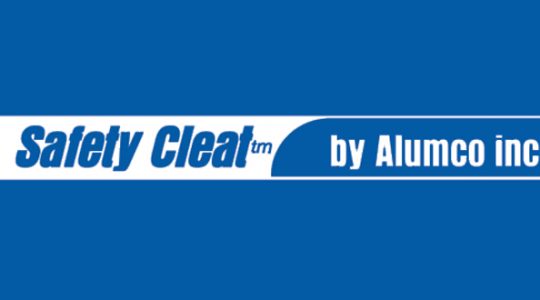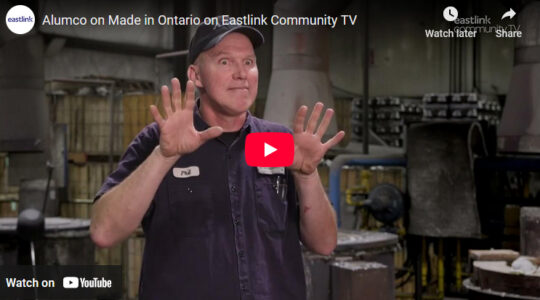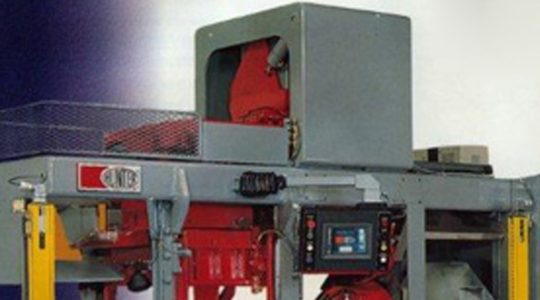Alloys 319.0 and A319.0 exhibit very good castability, weldability and pressure tightness and moderate strength. They are very stable alloys (i.e., their good casting and mechanical properties are not affected seriously by fluctuations in the impurity content).
Alloys 8319.0 and 320.0 show higher strength and hardness than 319.0 and A319.0 and are generally used in the permanent mold casting process. Characteristics other than strength and hardness are similar to those of 319.0 and A319.0.
Typical applications for sand castings of these alloys are internal combustion and diesel engine crankcases, gasoline and oil tanks, and oil pans. Permanent mold cast parts include water-cooled cylinder heads, typewriter frames, rear axle housings and engine parts.
Castability
Pressure tightness, fluidity, resistance to hot cracking and solidification shrinkage tendencies are all classed as very good for these alloys.
Machinability
Machining characteristics are good. To preclude possible adverse effects of abrasiveness and inclusions, carbide-tipped tools are recommended.
Finishing
Electroplated .finishes are very good on these alloys. Mechanical and anodized finishes are fair.
Weldability
Arc welding results in the most satisfactory welds. Resistance and gas methods are both good. Brazing is not recommended.
Corrosion Resistance
The alloys exhibit good resistance to most common forms of corrosion and react well to chemical conversion coatings for additional protection.



